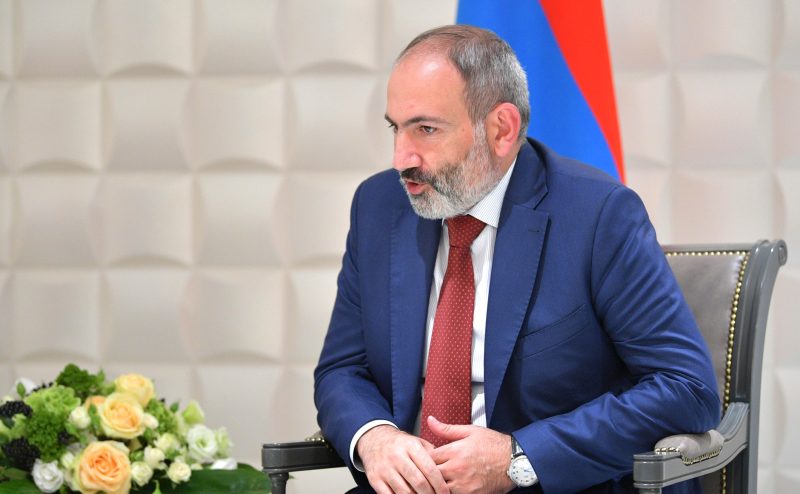Amidst historic tensions between the Asian states of Armenia and Azerbaijan, Armenian prime minister Nikol Pashinyan has announced that a conflict with his state’s eastern neighbour is “very likely” to happen. This would be the second time in three years in which both countries fight for ownership of Nagorno-Karabakh, a region in the middle of Azerbaijan whose ethnic Armenians declared annexation to Armenia in the 1990s. Azerbaijan was internationally recognized to have claimed the region after a war in 2020, but separatists in Nagorno-Karabakh are currently trying to become part of Armenia once again.
Countries feuding over territory doesn’t end well. Ranging from Adolf Hitler’s invasion of Poland in 1932 on claims of “saving ethnic Germans” to the ongoing Russia-Ukraine war, these situations have caused deaths, economic losses, and turmoil across the world.
There is still hope that another Nagorno-Karabakh conflict can be avoided. The only condition that must be met, according to Prime Minister Pashinyan, is a peace treaty accepted and signed by both the Armenian and Azerbaijan parliaments. But although both countries have engaged in diplomatic talks regarding a long-lasting peace treaty since the beginning of this conflict, despite the United States’, Russia’s, and the European Union’s efforts as moderators, no concrete results have been established.
To make matters worse, Nagorno-Karabakh’s situation is getting worse by the hour. The closing of the main road connecting the region to Armenia, allegedly ordered by Azerbaijani authorities for unfounded reasons, has engendered a new humanitarian crisis. In addition to the food and medicine shortages and constant electrical shutdowns brought about by the closure, Pachinian has accused Azerbaijan’s army of creating a ghetto for the region’s ethnic Armenian population, claiming that there is a “genocide in the works.”
To effectively resolve this issue, it is important that both international and the countries’ institutions meet to sort out their differences. Solving a historical problem as an outsider is often challenging, but having local support and knowledge is the key to a long-lasting solution that is favorable to both sides.
As the popular refrain says, “History repeats itself.” To guarantee long-lasting peace, it is necessary that the international community work together – and differently. Involving diplomatic superpowers won’t guarantee peace. Rather, including local actors is key to making the establishment of peace possible. Doing it this way would ensure a peace that works for those who live in the area, not just foreign interests.
- Israel’s Battle For Power- Who’s Right And Who Isn’t? - December 9, 2023
- Armenian Prime Minister Says Conflict “Very Likely” Over Nagorno-Karabakh - October 4, 2023
- Iran-Iraq Agreement: Addressing Kurdish Militant Threats - September 2, 2023


